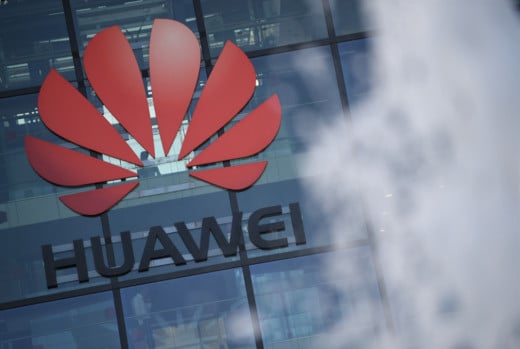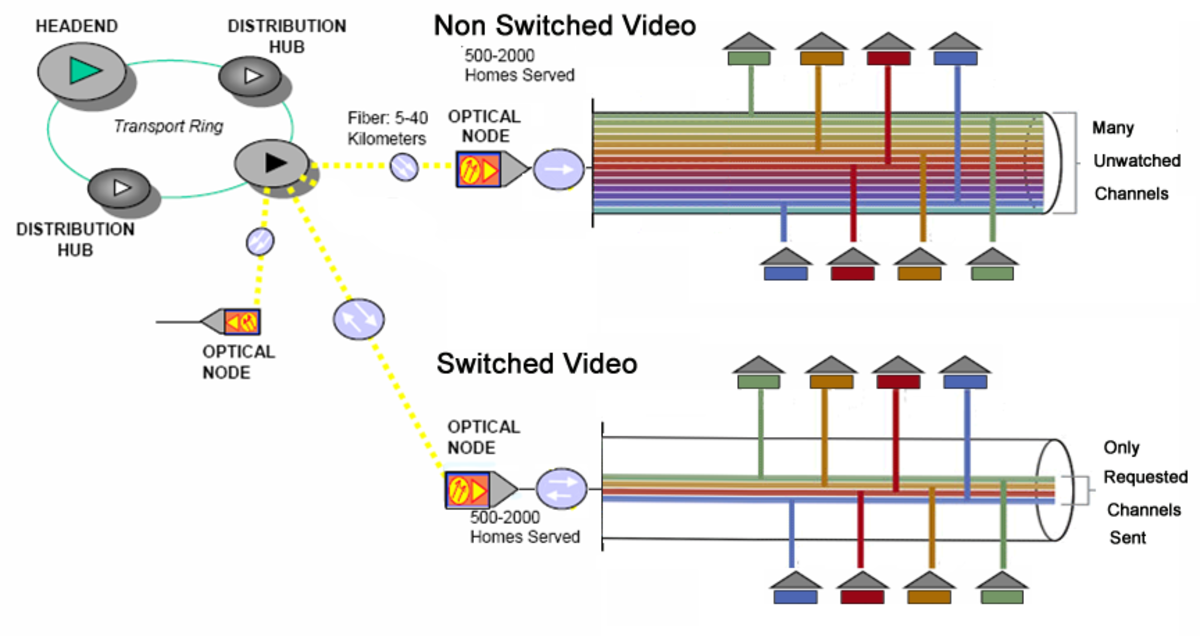U.S. President Donald Trump, the European Union Has Agreed to Enter Huawei's European 5G Market

After months of intense debate, and despite pressure from the Administration of U.S. President Donald Trump, the EUROPEAN Union has agreed to enter Huawei's european 5G market. The construction of the 5G network requires bidding to sell its frequency to telecommunications companies, but the terms books sparked an ongoing debate before Brussels decided to allow the Chinese giant, accused without evidence of industrial espionage by The Americans, to enter the frequency market. However, the EU, which is keen to maintain the security of its networks, has issued a series of firm recommendations on the construction of the 5G network, identified a list of dangerous listed companies, and asked national telecommunications companies to prevent them from being stationed in sensitive locations. Unlike the United States, Australia, New Zealand or Japan, Europe has preferred to strengthen security measures when dealing with Huawei rather than stop dealing with them. In a gesture of goodwill, the latter announced the beginning of the concentration of its production units on the European continent.
This development is a victory for European telecommunications companies, which have always emphasized the impossibility of bypassing Huawei and its equipment if Europe wants to avoid at least two years of delays in the transition to the fifth generation of cellular networks. The 5G is key to technological development, particularly in the field of self-driving cars, connected smart machines and artificial intelligence. It will connect 500 billion machines to its network worldwide, according to the European Commission, and provide an estimated $225 billion in international revenue. In this context, Huawei is unique in its ability to control all 5G functions at an affordable cost. In France, for example, SFAir and Puig purchased cell towers from Huawei, although they took precautions to prevent the Chinese giant from being stationed in areas at the heart of the network, such as Paris, where it does not exist at all. But the Chinese company has a clear preference over its Swedish and Finnish competitors, Nokia and Ericsson, which are less technologically advanced and are unable to deploy a large-scale network in a relatively short period of time.
China on track to realize its ambition to become the first technological powerin 2030
The European decision means a return to tension with Washington, which has repeatedly threatened to reduce its level of intelligence cooperation with Europe if the latter insists on buying Huawei equipment. The Americans claim that the Chinese company's equipment contains "back doors" that enable Beijing to spy on all 5G-related machines and equipment through Huawei or sabotage it globally, creating network failures with no obvious causes. To date, the United States has not provided any sensory evidence justifying its accusations. But in March 2019, Huawei set up a cybersecurity center in Brussels that would clarify its "source code" and software keys. On the other hand, Washington warned Europeans of the implications of a law voted in China in 2017, which allows the state to obtain information and data held by companies for security reasons, which is roughly a Chinese version of the U.S. Patriot Act, which served as a license to spy on non-U.S. companies. The Snowden case revealed the magnitude of U.S. espionage activity thanks to cisco's "back doors", primarily aimed at facilitating the most sensitive information from various U.S. security agencies and even spying on their European allies. Europe seems to have realized that the actual motivation for the U.S. decision not to deal with Huawei is related to political considerations, not the need to address a security threat that is not yet stable. China today is the locomotive of the global economy, contributing 30% of the planet's growth thanks to technological innovation. Technological competition between Washington and Beijing is increasing, with the Chinese state and private sector investing tens of billions of dollars annually in the fields of research and development of 5G, artificial intelligence, as well as in the field of national technological capabilities to free from dependence on Foreign components, primarily American.
Charles Teo, a researcher at the European Institute of Social and Political Sciences, says in an article entitled "Towards the end of technological and scientific domination?" "It was Baidu, Alibaba, Tencent, Huawei and Kazayumi that participated in China's transformation into a technological power at the beginning of the second decade of the 21st century, as a result of the financial, material and political support provided by the state. Between 2007 and 2015, Baidu's stock market capitalization doubled 14 times and its net income increased 60 times". According to Teo, Robin Li, president of Baidu and a member of the Chinese People's Political Consultative Conference, was the first to call for cooperation between the Communist Party and digital companies in the field of artificial intelligence, and in 2015 he prepared the "Chinese Mind" plan to secure the conditions for the country's superiority. Dozens of companies operating in the health market, for example, the giant Tensant, the most popular wechat app maker in China, are developing artificial intelligence through the application industry that doctors use when treating serious diseases such as cancer. Chinese companies have been able to catch up with Gava (Google, Amazon, Facebook, Apple), and even surpass them in today's technological race. China appears to be on track to realize its ambition to become the first technological power in 2030 and the world's leading power in 2049.





![Isn't the European Union the Model Conservatives Are Actually Asking the United States to Morph Into? [127*-8]](https://usercontent1.hubstatic.com/6376132_f120.jpg)


